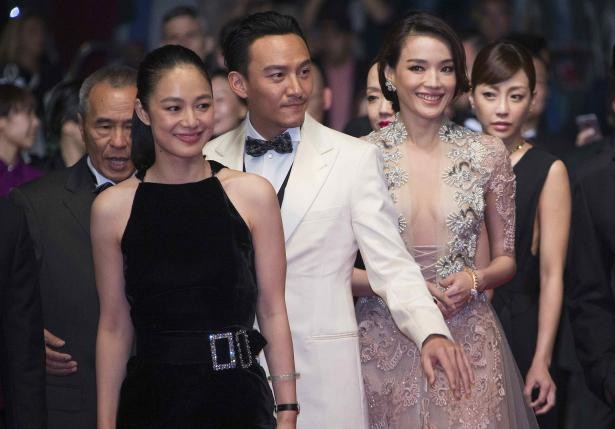“Nie Yinniang” (The Assassin) lead actress Shu Qi earned praises from critics who attended this year’s prestigious Cannes Film Festival after slaying the role of a trained killer during the Tang Dynasty (7th to 10th centuries).
The role of the Taiwan-born actress jumps on her prey either from trees of roofs, killing her target with a single blow of her dagger.
Shu's character, dubbed as "The Assassin," was kidnapped at a young age by a nun who taught her martial arts. Her role can also deflect swords flung toward her and lay low a group of imperial soldiers.
According to the film's director, Taiwanese Hou Hsiao-Hsien, he wanted to craft a film away from the customary kickfest-style martial arts titles.
The film lauds its combat and killing scenes that take place within a beautifully photographed costumed drama, taking its audience to the ancient times.
Film critics claim that the combat in the movie looks believable, citing that even the idea of a woman killing a number of soldiers is plausible, not fantasized.
"I've seen a lot of kung fu films and I particularly like Japanese samurai films because the combats are so realistic," Hou shared during a news conference.
"There are very few tricks in Japanese martial arts films, that's why I wanted to do my film in this way," the director added.
"It was very complex for the actresses in the combat scenes, while working on the film they ended up with a lot of cuts and bruises," Shu remarked, adding an instance when she nearly broke down at one stage.
According to media Web portal avclub.com, the movie "is the most beautiful film at Cannes."
Meanwhile, other titles who earned nod from critics include the lesbian romance film "Carol," the Auschwitz death camp film "Saul Fia" (Son of Saul), and the Italian drama "Mia Madre" (My Mother).




























